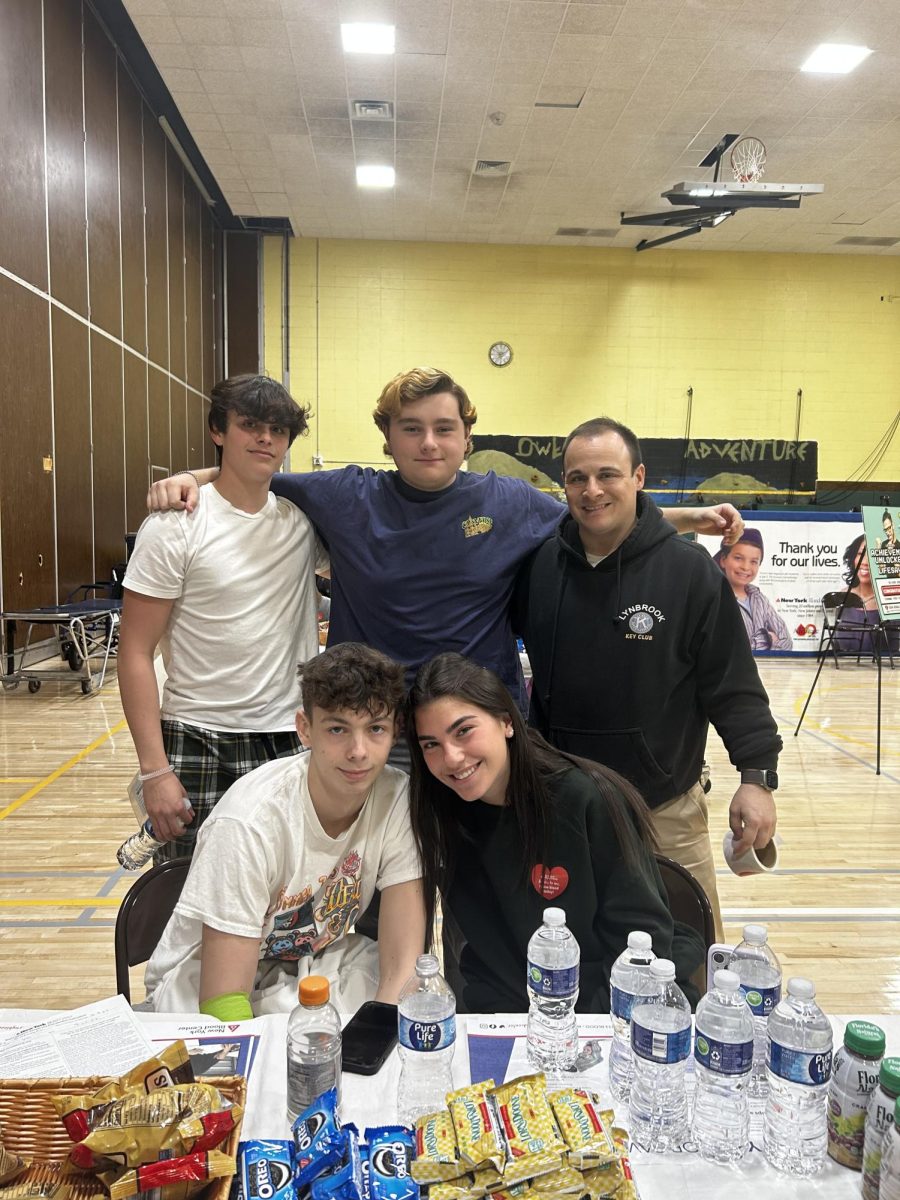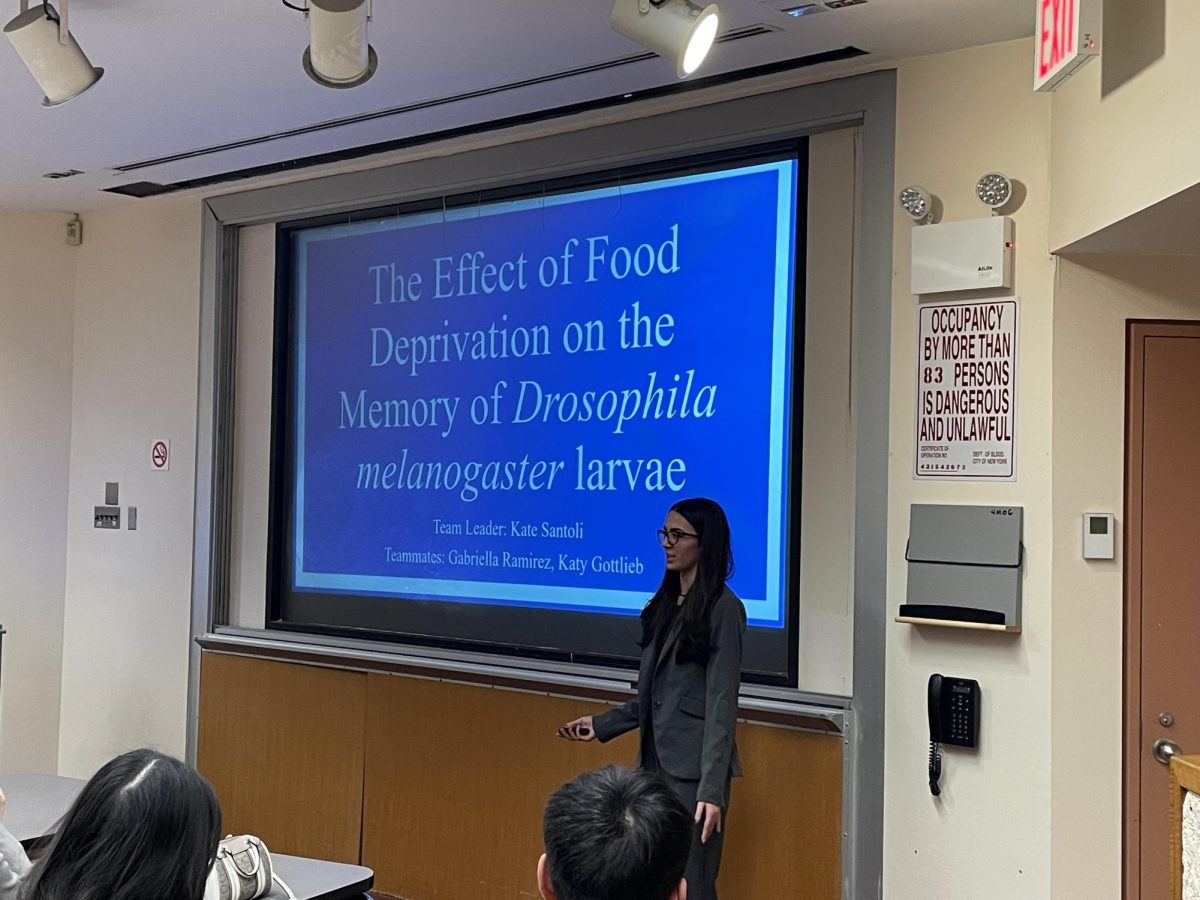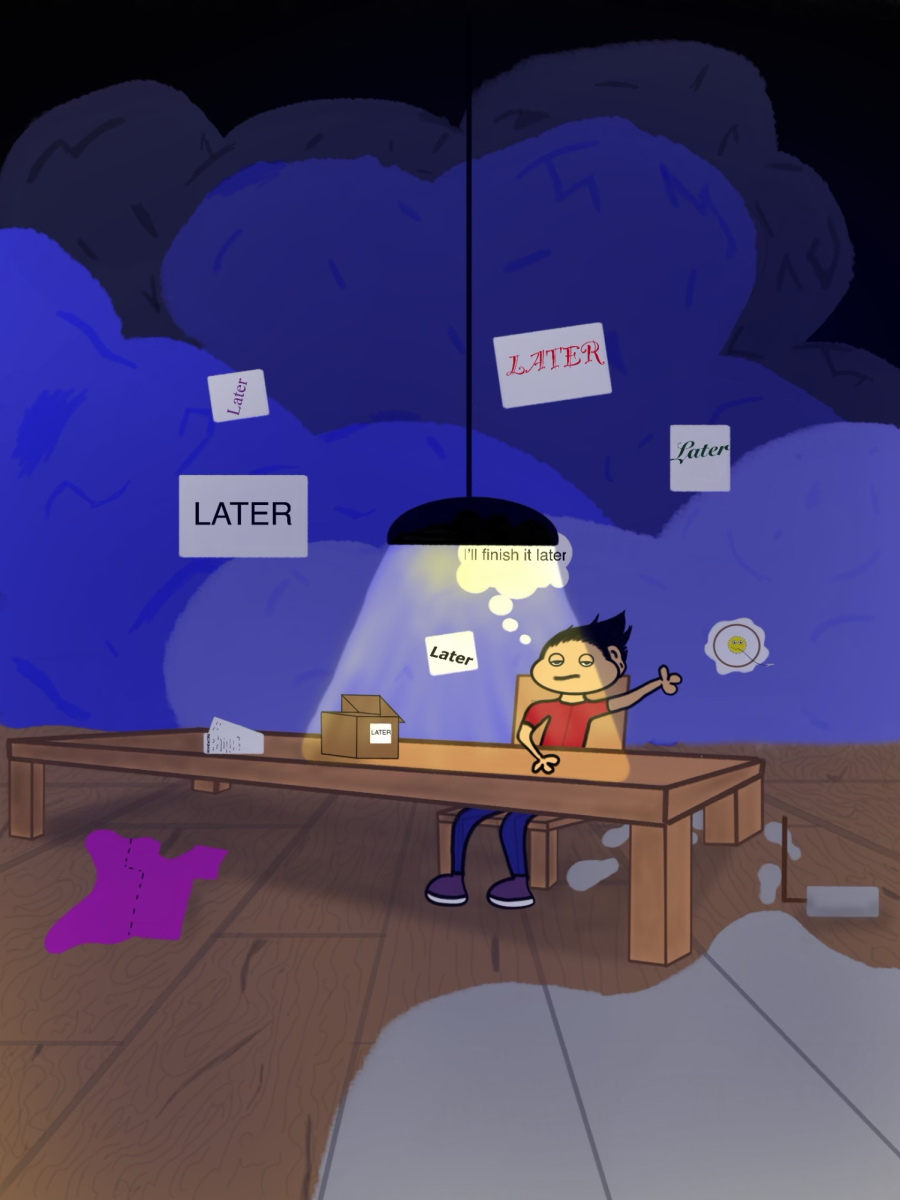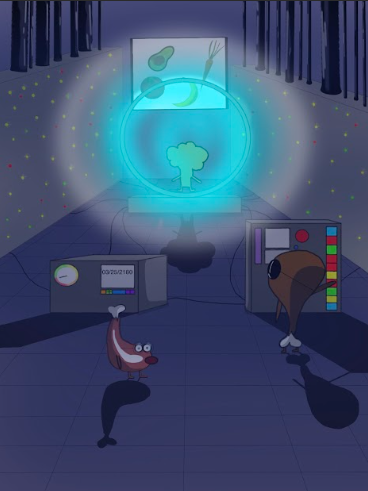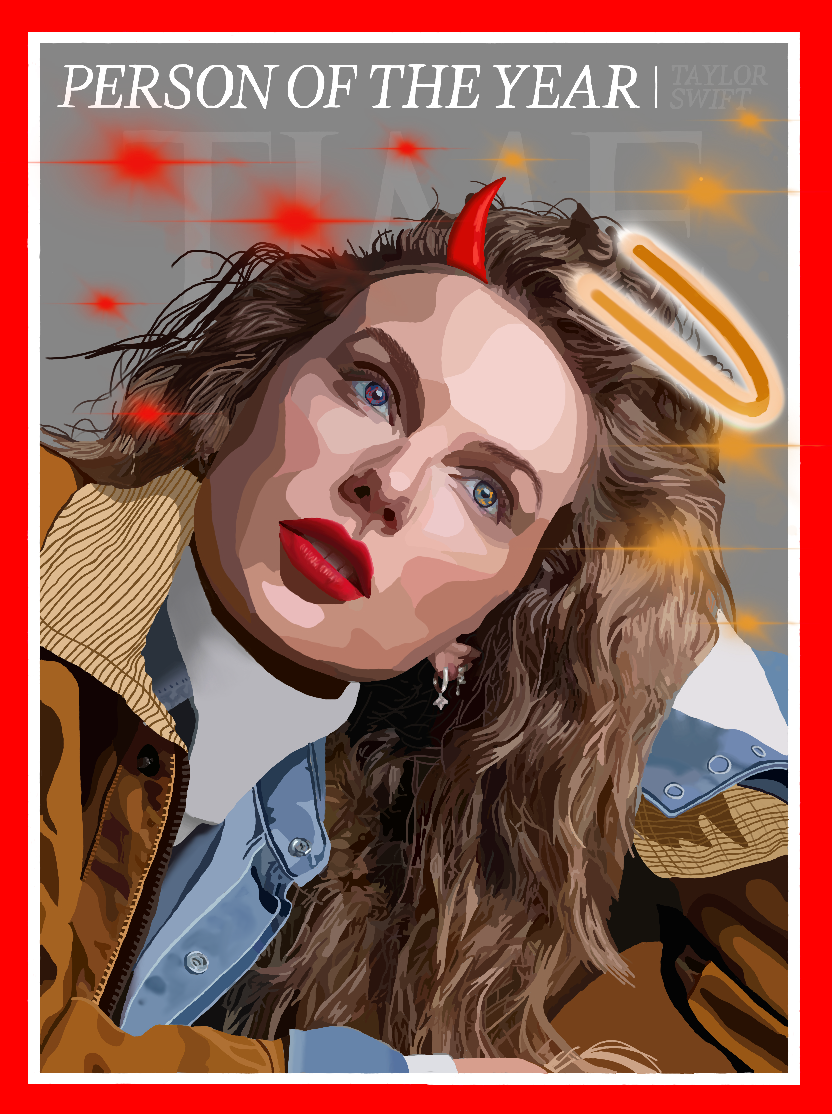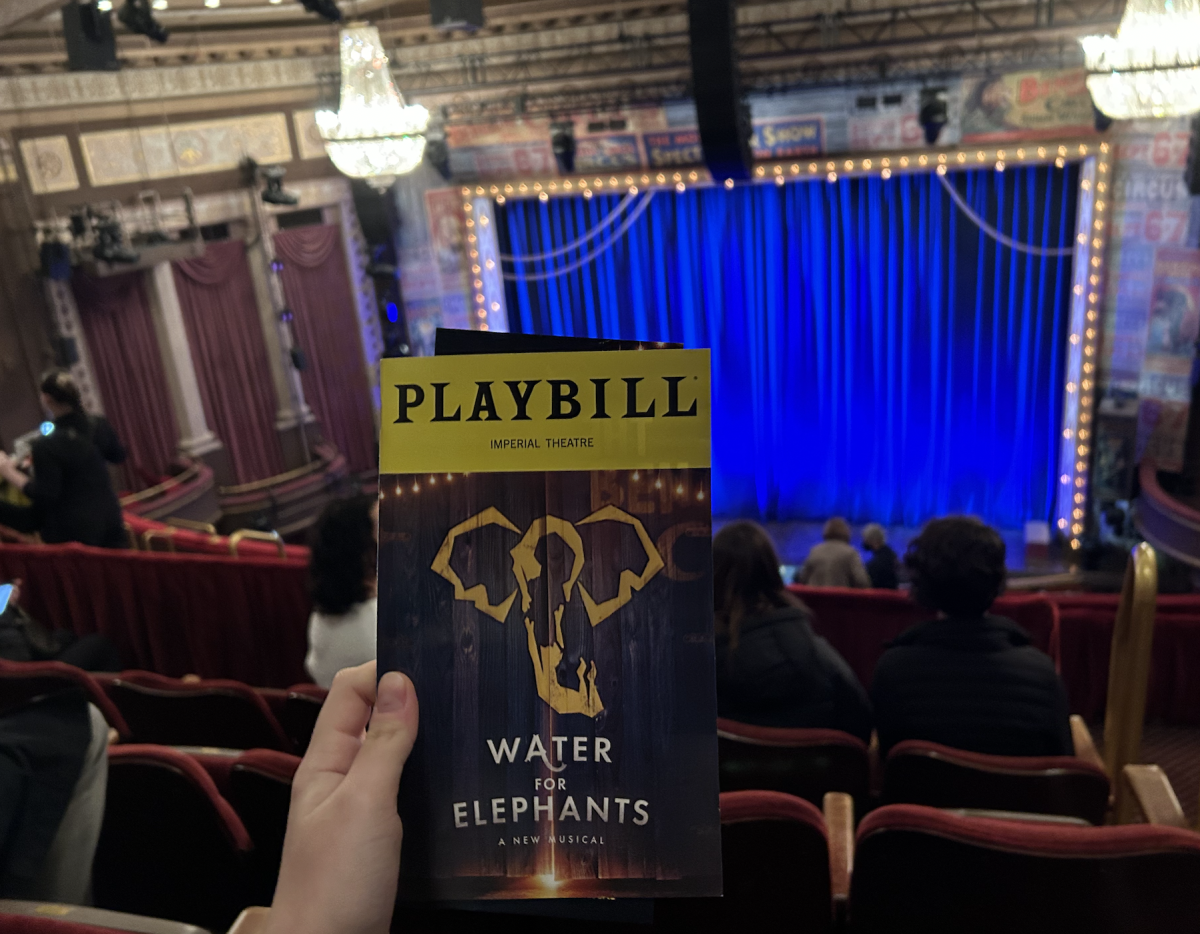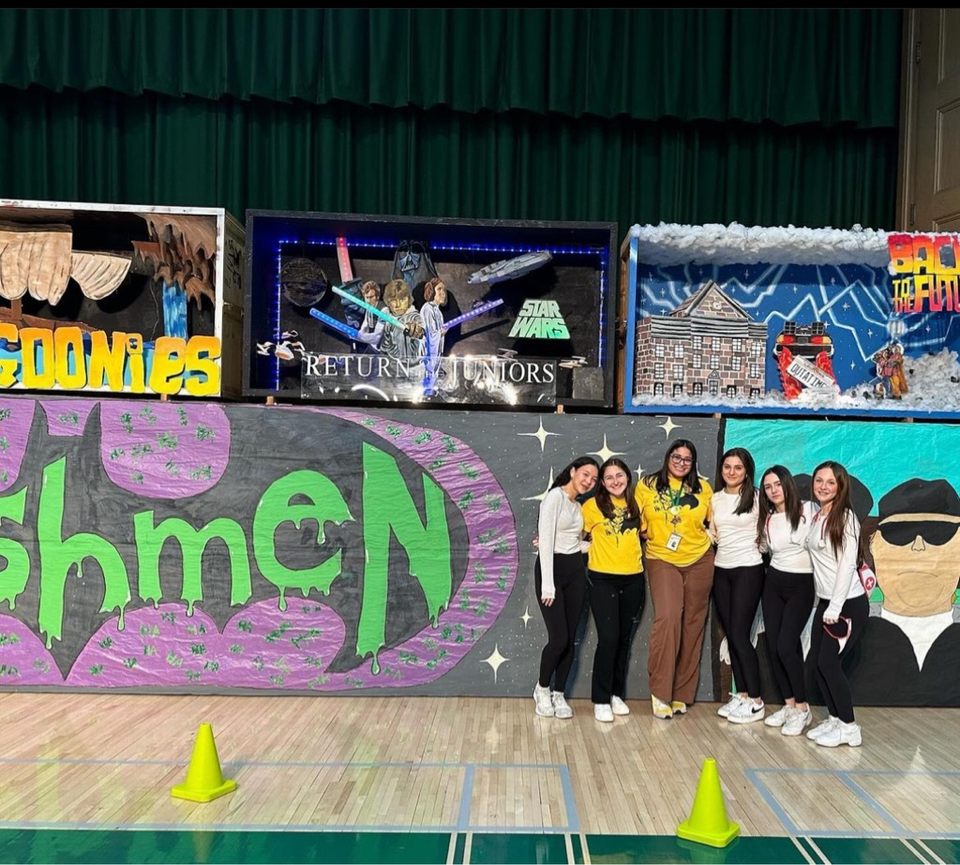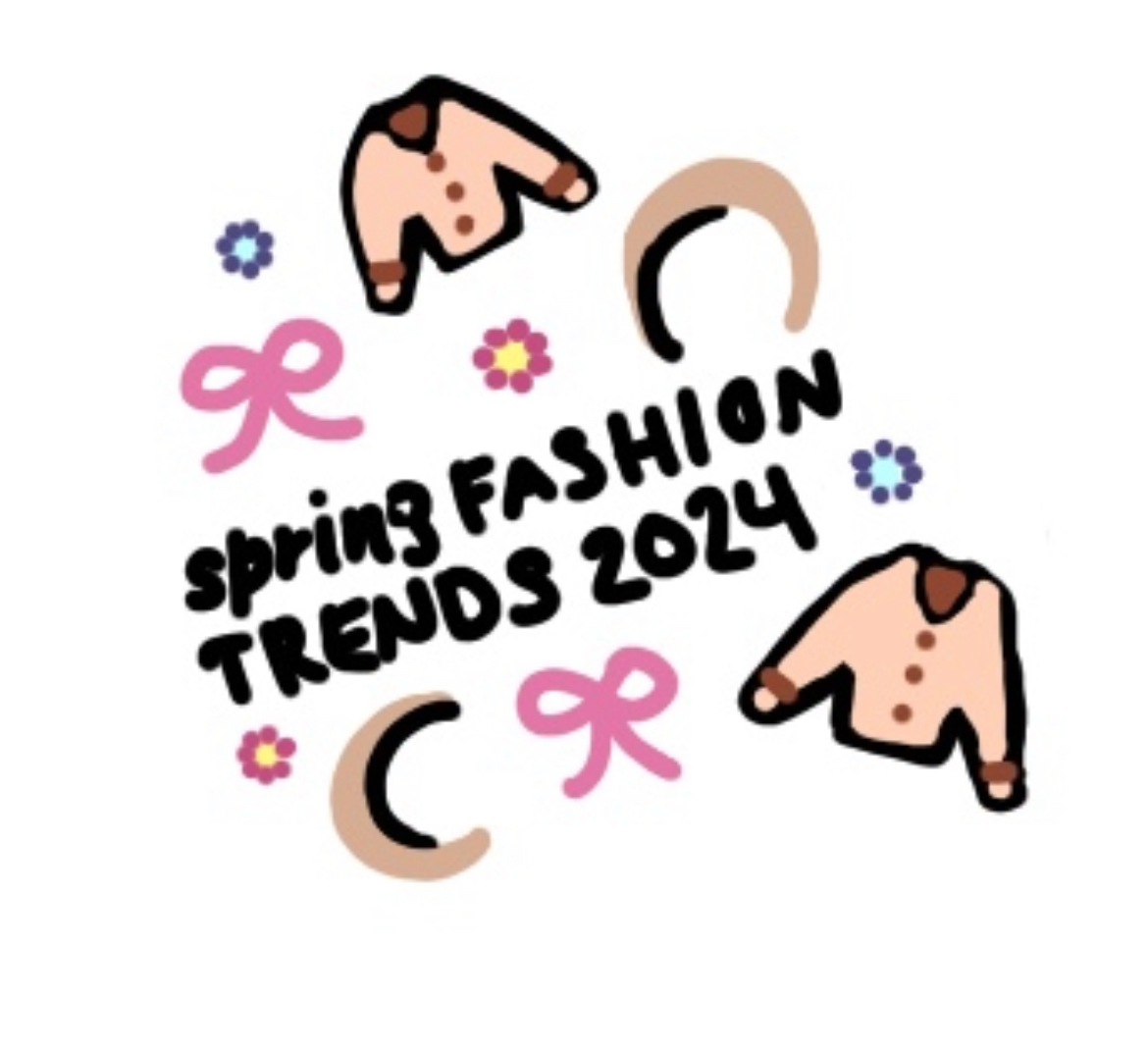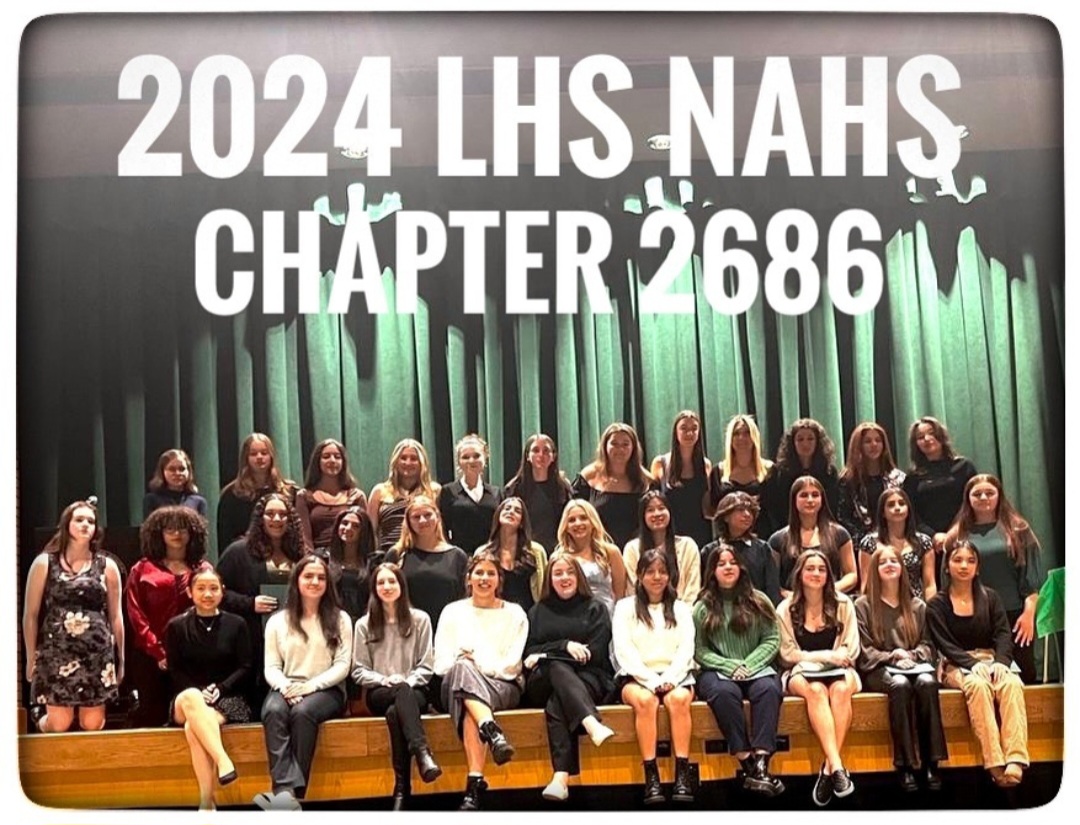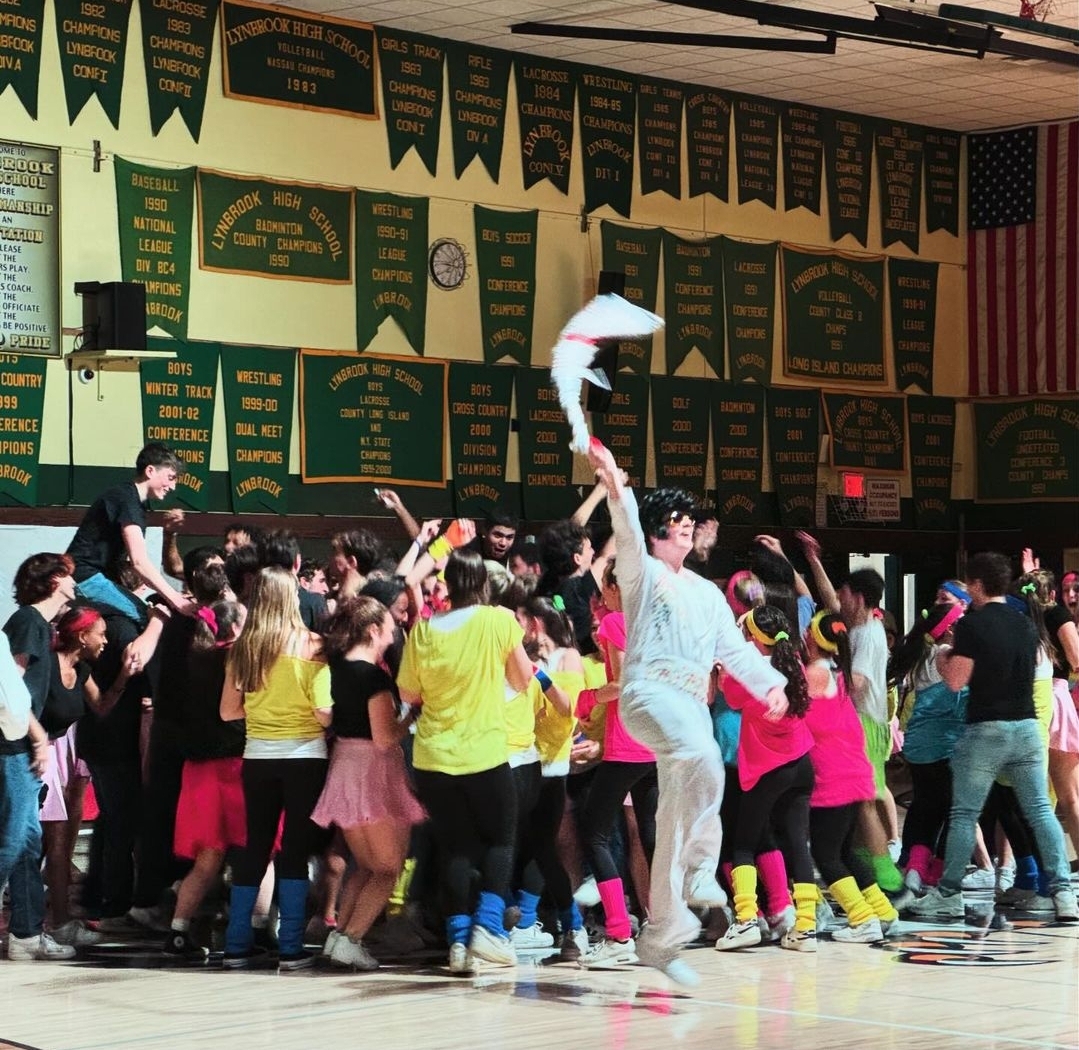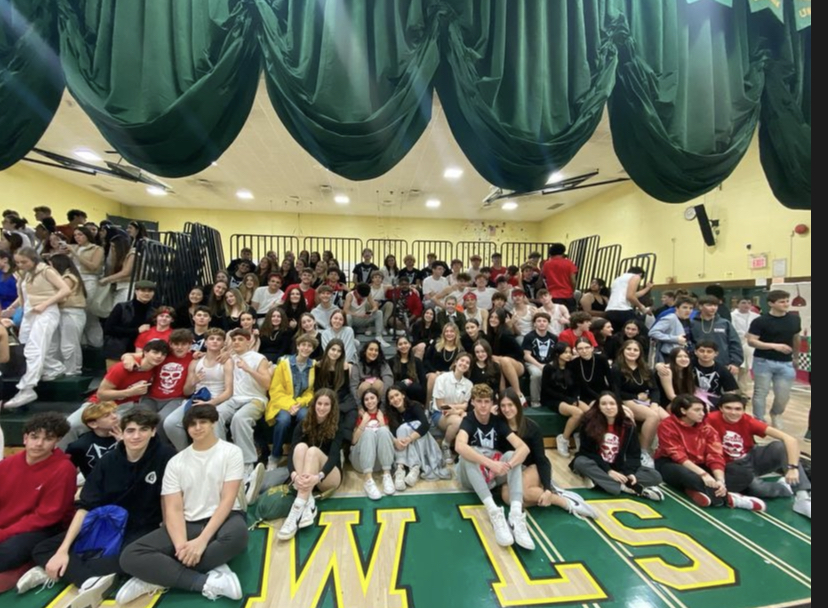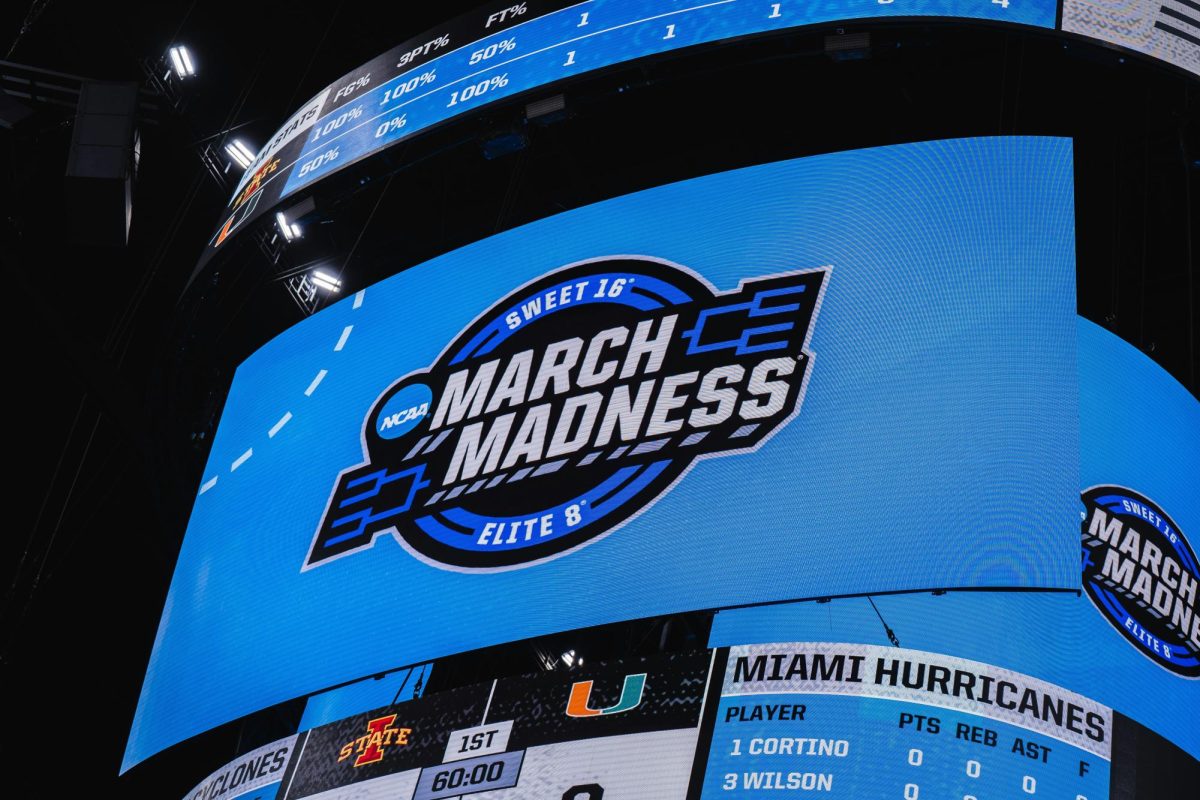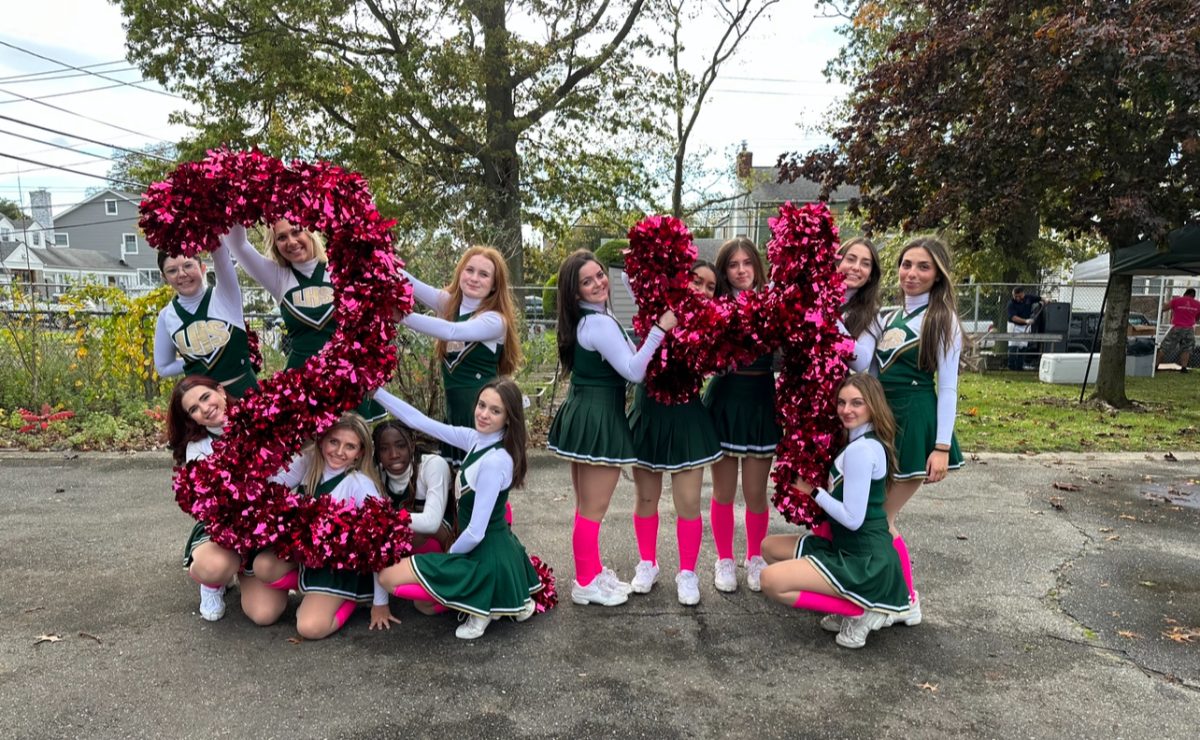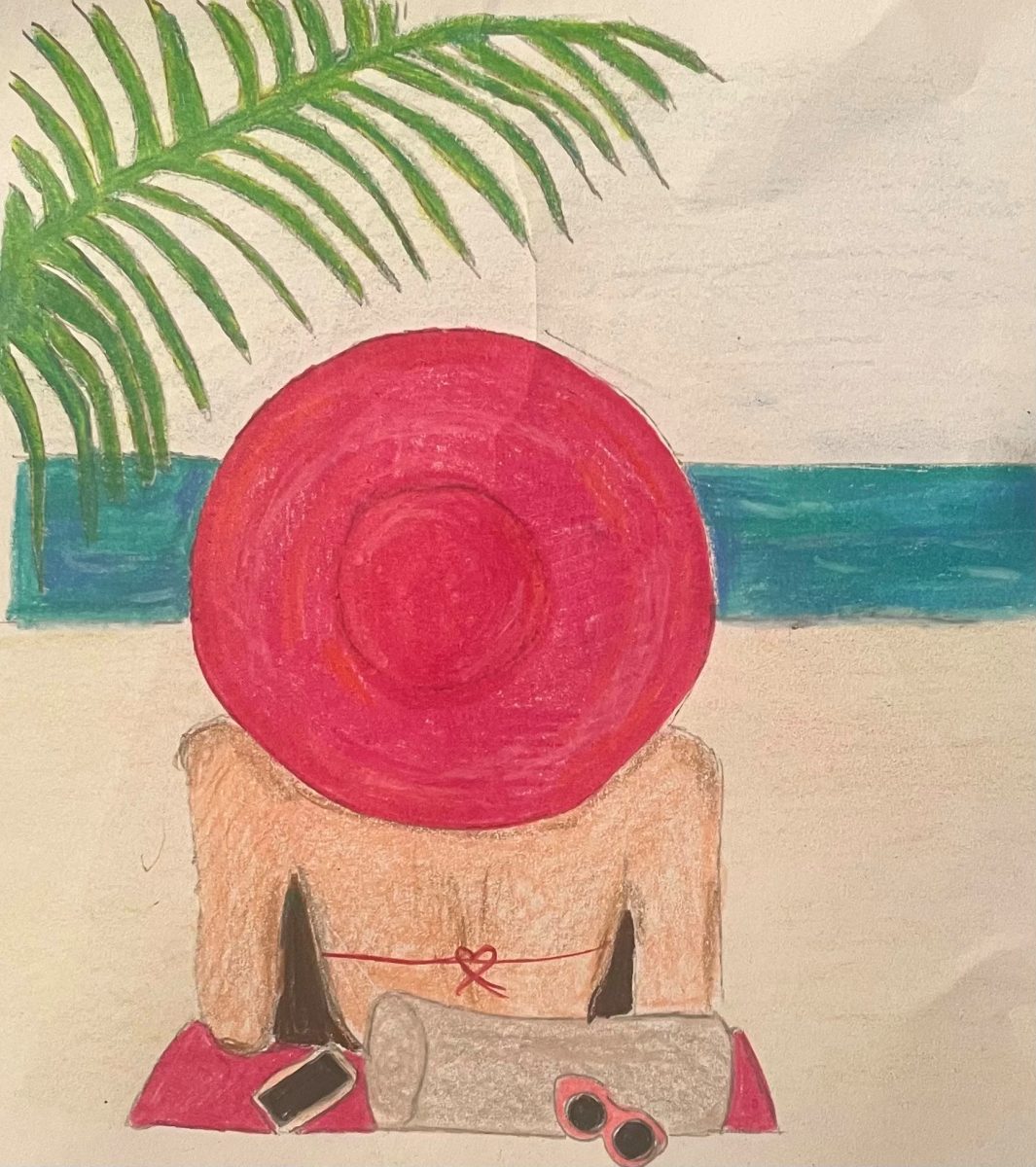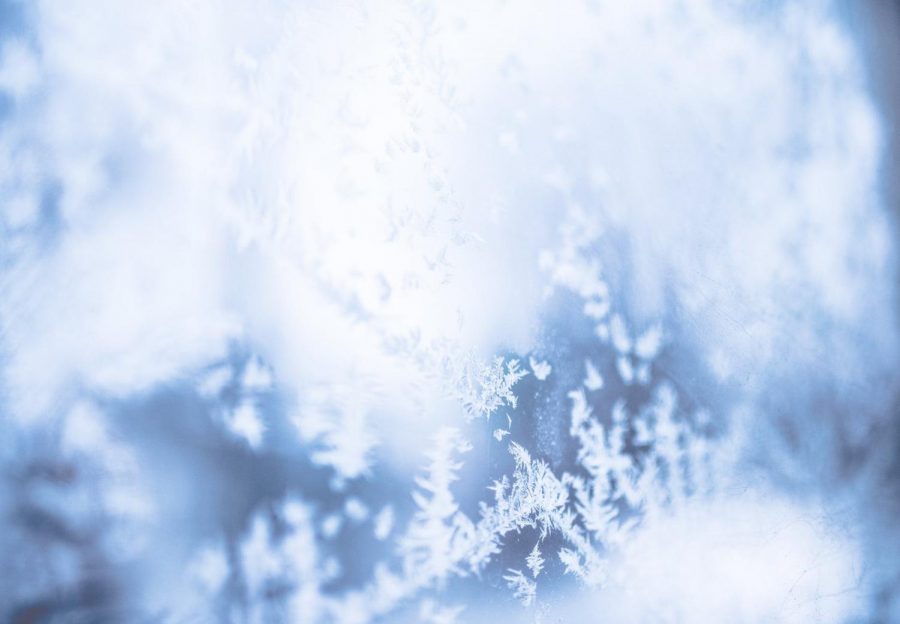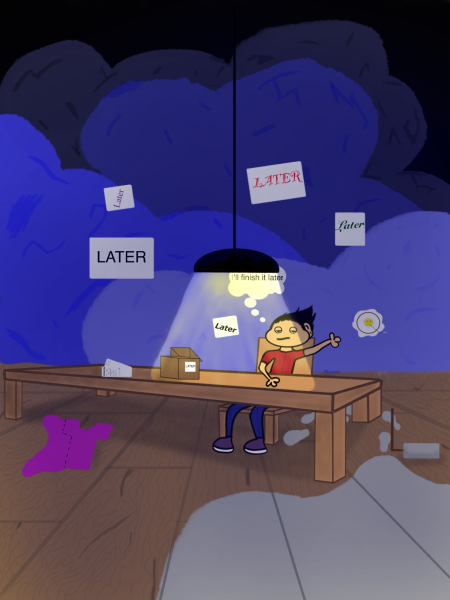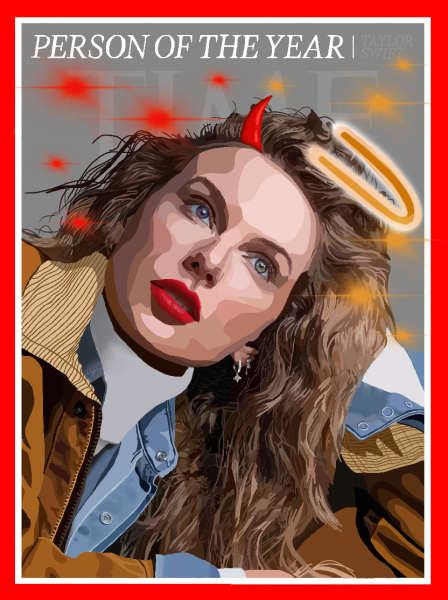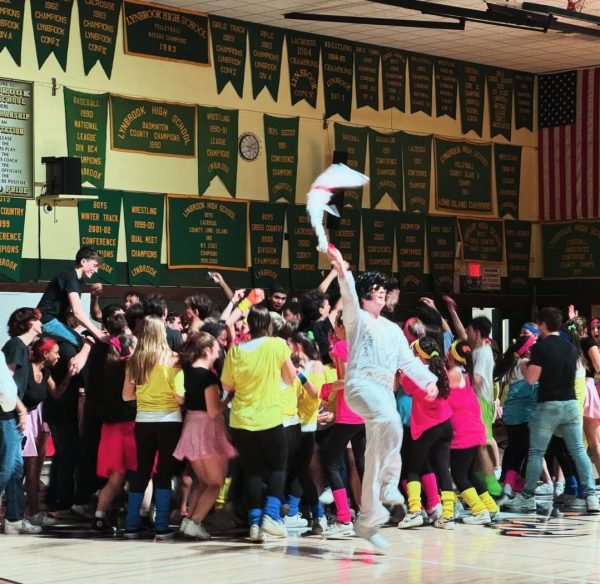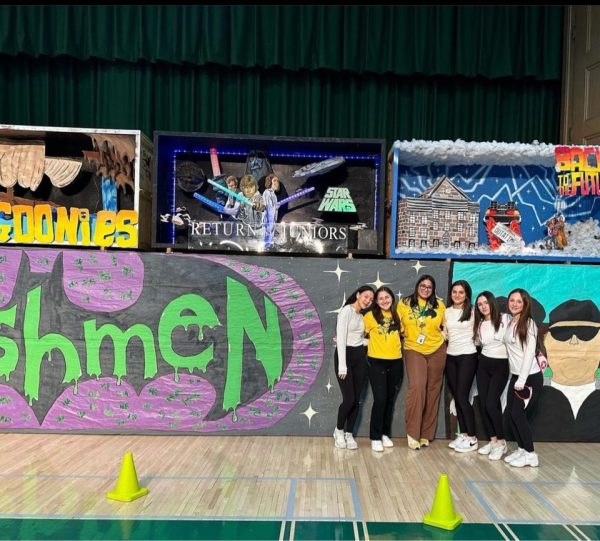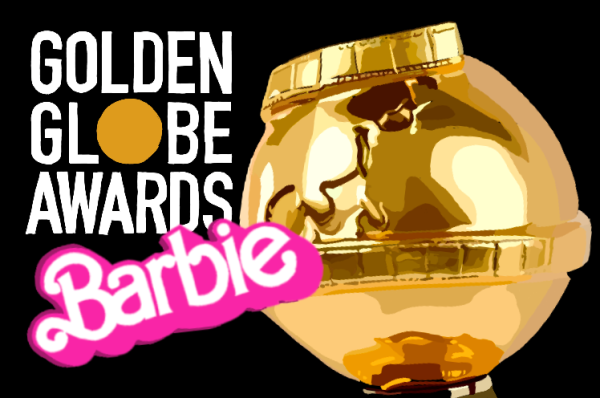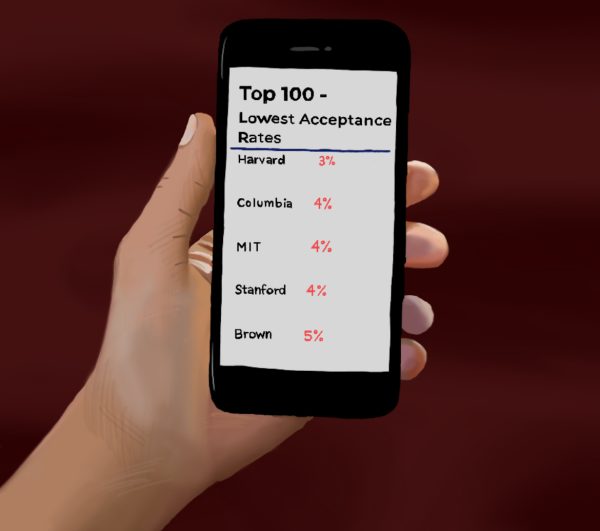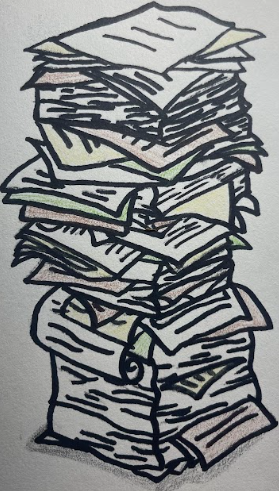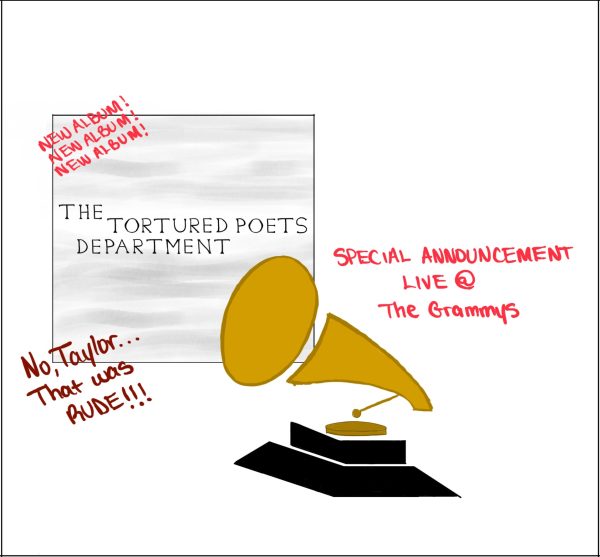“Baby, It’s Cold Outside” Controversy
As the holidays are rapidly approaching, Christmas classics from “All I Want for Christmas” to “Jingle Bells” are flooding radio stations. However, there is one classic that has continued to raise controversy lately: “Baby, It’s Cold Outside” written by Frank Loesser. Sparking attention only a few years ago, the famous holiday song has drawn in a lot of backlash because of claims of its alleged close resemblance to date-rape culture. Critics specifically express concern over the lines, “Say what’s in this drink?” “The answer is no,” and “I’ve gotta get home.” Many have taken to social media to express their contempt and have been pushing for this song to no longer be played on any radio stations, and some attempts have even been successful. A Cleveland radio station (WDOK Christmas 102.1) said they pulled “Baby, It’s Cold Outside” from its Christmas lineup after a listener notes the inappropriate nature of the song’s lyrics,” according to Fox News. People reading the lyrics these days come to see how the lyrics can come off slightly diminishing but others believe this song should not be banned from all radio stations or even be seen as controversial.
The controversy stems from a common misinterpretation of the song. Some may see it as a man trying to pressure a woman into doing something she does not want to, but, in reality, the tone is more of a romantic and playful one. Sophie Milman on CBC Radio’s Metro Morning, who is well-versed in the lyrical traditions of the 1940s, explained, “I see it as a playful repartee where the only thing holding the woman in the song back from spending the night is the fact she’s afraid of social judgment.” People who criticize the song are are basing their judgements off of today’s events and hold a modern interpretation. They fail to think of the song in the correct historical context (the 1940s), so they do not see how the lyrics would make sense for the time. Loesser, the song’s original singer, did not have malicious intentions behind the song, but intended to have more of a teasing or flirting objective. “I don’t think it was intended to have a negative meaning. There’s no harm in listening to it. It’s a holiday song everyone loves to sing and hear,” said senior Amy Toor. Olivia Erndl, junior, added, “The song was made to tell a cute love story about a man who just wants to be with the girl he loves. People who say it is an example of date rape are looking too deep into the lyrics.” With this, the song should not be banned.
If this song is banned, why should the other thousands of hip-hop songs that have blatant messages of misogyne, sex, and lyrics of demeaning nature towards women not be banned as well?
Julia Swerdin, sophomore, says, “While the song itself is actually one of my favorites, the lyrics are definitely suggestive of a man persuading a woman to stay over and have half a drink more while she insists she must get home.” Even if the song is suggestive, should it really be erased from the history of the holiday season? If this song is banned, so should all of the other remotely offensive songs.
The song was made in a different time period where people were not thinking the way we think today. Compared to rap songs that people happily listen to on the radio today, radio stations that have no issue playing, “Baby, It’s Cold Outside” should not be the focal point of people who are genuinely concerned with the perception of women in music.

I am part of the Class of 2021 at LHS. I am in Key Club. I have a dog named Bandit, and I went to elementary and middle school in Queens.

